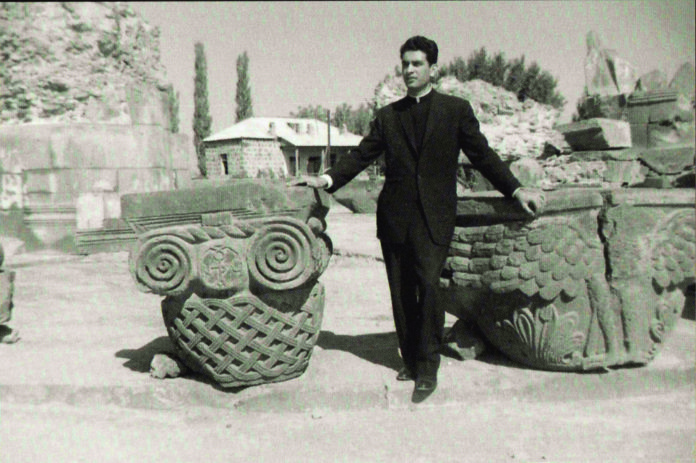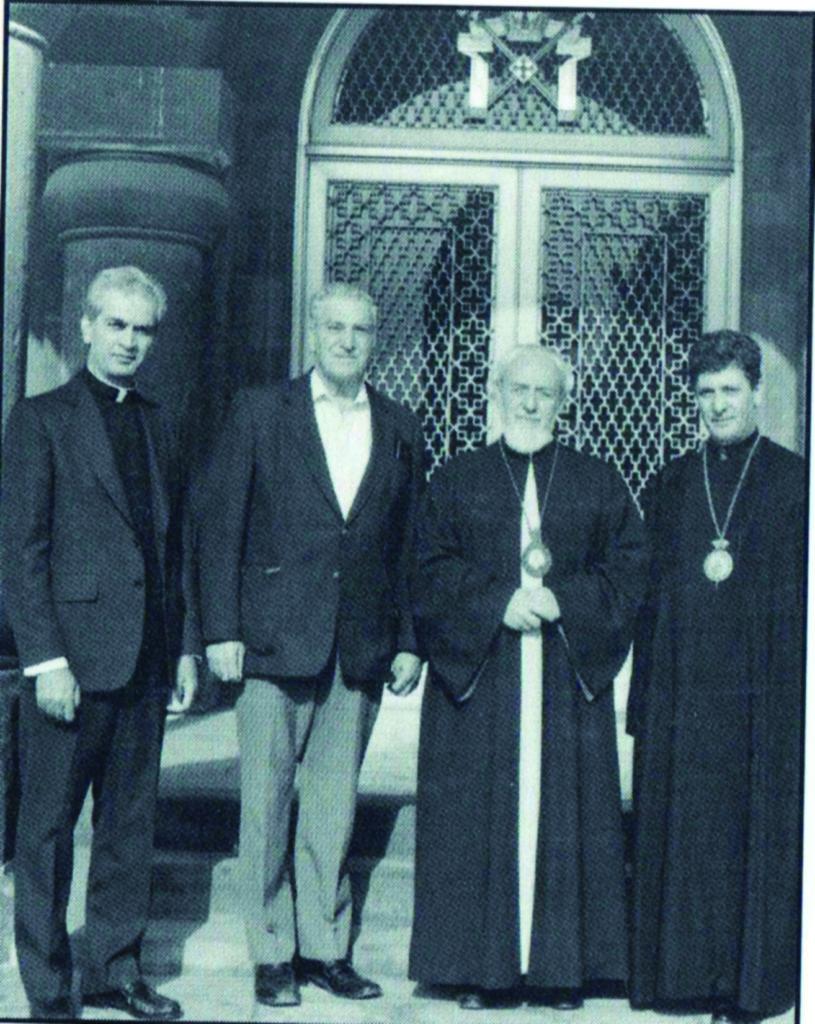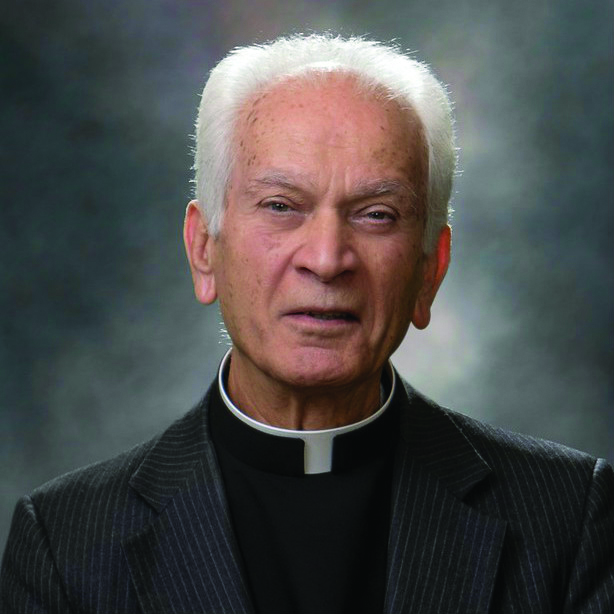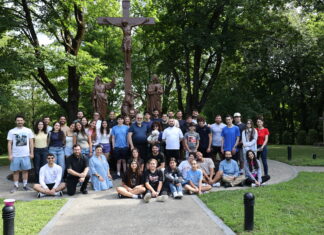CAMBRIDGE, Mass. — The power of faith is indeed great. In Fr. Mampre Kouzouian’s case, it led to sixty years of service to the Armenian Church, for which he will be honored on May 11. This may seem like a long time. However, Fr. Kouzouian’s faith and unbreakable ties to the Armenian Church began even earlier in his life.
Fr. Kouzouian was born on the island of Cyprus in the city of Larnaca in 1933 and was given the name Alexan. His parents left the Ottoman Empire before the Armenian Genocide. His father, born in Constantinople, served in the Ottoman military, and took his wife and six-month-old daughter to Cyprus, as well as his mother-in-law.
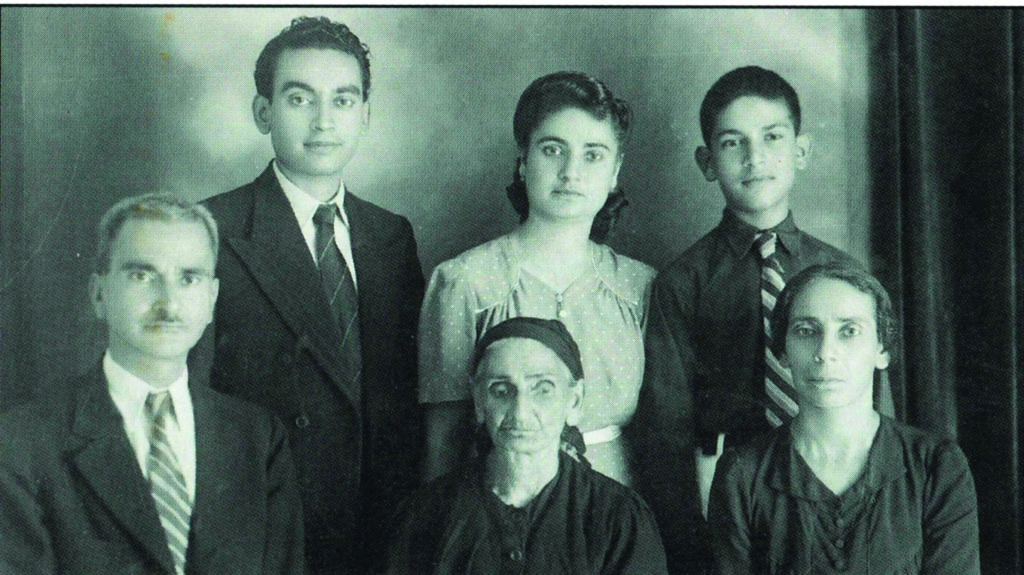
Fr. Kouzouian said, “My mother’s mother was in church every Sunday before the priest came to church. Unfortunately, she did not know one word of Armenian, or, for that matter, her own age. In those days, the parish council members did not take the Voghchoyn [Kiss of Peace] from the deacons. It was the pious people who went in front of the altar to get the Voghchoyn. My grandmother was always the one to get it and pass it on to the congregation, in I don’t know what language.”
Young Alexan’s father, sister and mother were in church every Sunday too, so naturally, ever since he was 5 years old, his mother took him with them. He said, “My pastor and I and all those around me knew that eventually I would become a priest — because I was always in church. When my classmates, my best friends, used to go play soccer or other games, fish, or hunt birds, I used to go to church, and I was raised in the church.” When he turned 16 years old, he sent his application to go to the seminary in Beirut of the Cilician See.
His purpose was to become a celibate priest, he said, but he changed his mind after understanding the situation of the Armenian married priests in the Middle East at that time. There were insufficient numbers of such clergymen left for the populace as a result of the Armenian Genocide, and many who served as priests were not educated. This led to a lack of respect, he said, with, of course, some exceptions.
When the dean of the seminary, Bishop Terenig Poladian, took him aside to convince him to become a celibate priest, offering to send him to Europe for further education, Fr. Kouzouian said that he listened carefully before resolutely replying, “Srpazan, I am going to become a married priest to change the image of the married priesthood.”



